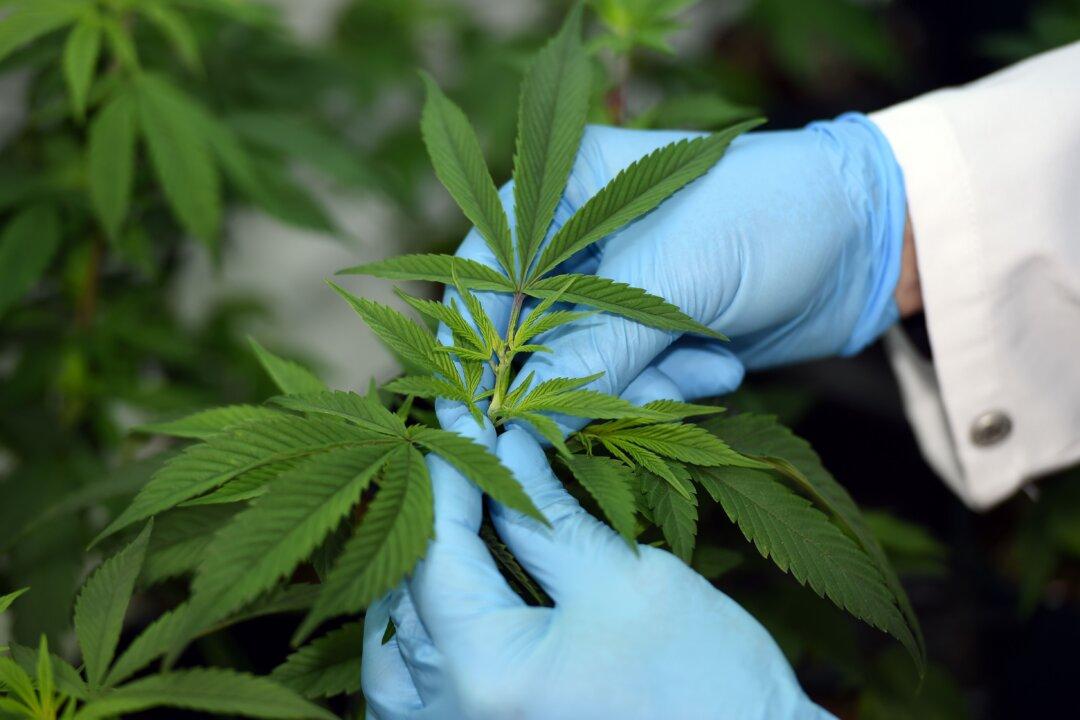Australia’s peak medical body has opposed a proposal by the Greens to legalise cannabis, saying that there is insufficient evidence to warrant its legal use for recreational purposes.
If passed, the Legalise Cannabis Bill (pdf) would allow for the sale of approved cannabis strains for recreational use across all Australian states and territories—a move that has both sides in contention.





